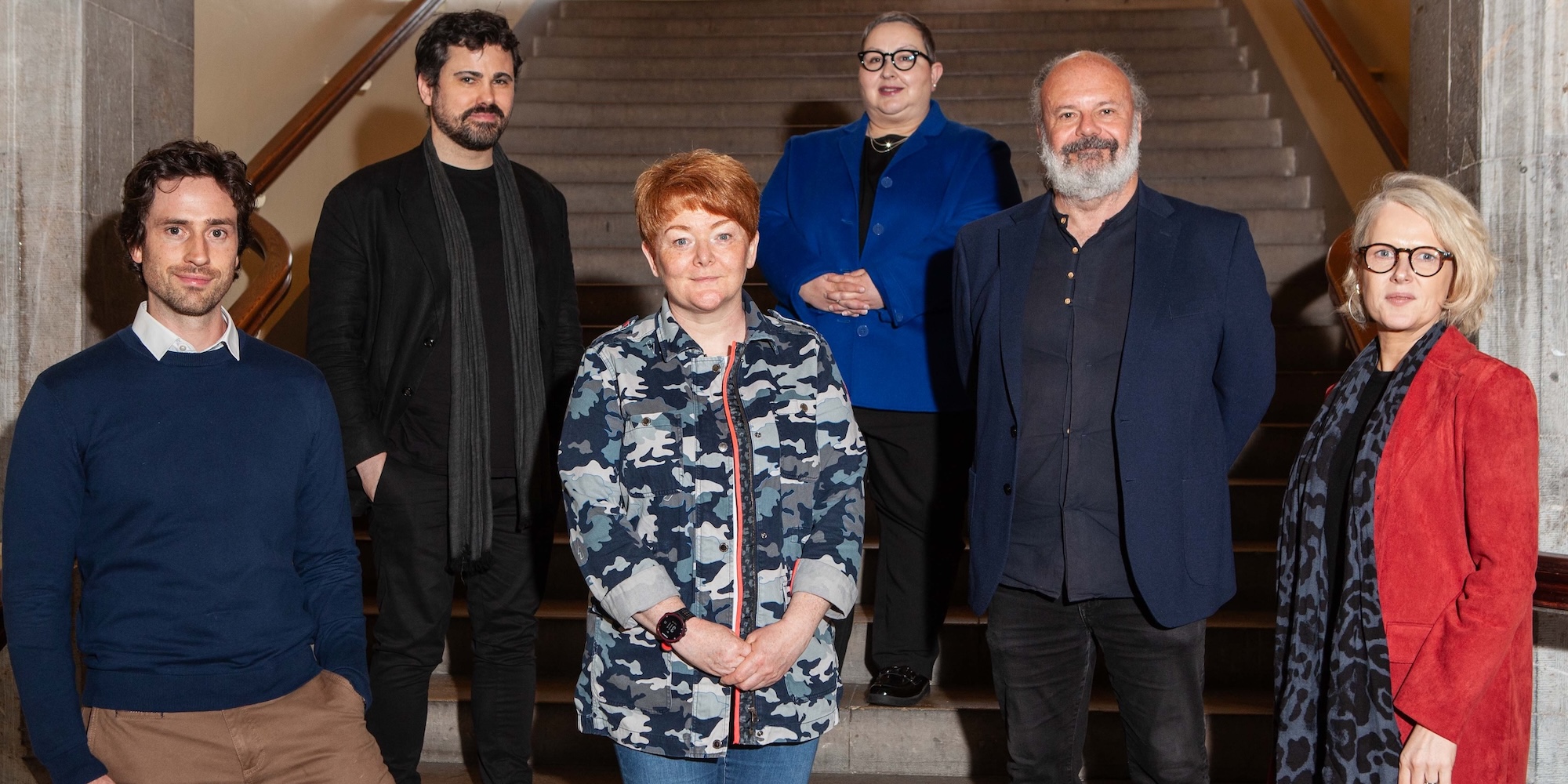In This Section
- English
- About the Department
- People
- Study
- Research
- News
- Media Gallery
- Edmund Spenser in Cork - School of English UCC
- Mary Breen: Pride and Prejudice
- MA in Irish Writing and Film
- Ann Coughlan: The Irish Influence on America's Greatest Abolitionist
- MA in Modernities: Romanticism, Modernism, Postmodernism
- MA in American Literature and Film
- MA in English Texts and Contexts: Medieval to Renaissance
- PhD in English
- Prof. Claire Connolly
- Tonio Colona - PhD in the School of English, UCC
- Prof Patricia Coughlan
- Mike Waldron - PhD in the School of English
- Ken Rooney and Heather Laird Book Launch
- School Welcome Event September 2014
- Contemporary American Trauma Narratives Book Launch
- Staged Transgressions in Shakespeare's England
- Seamus Heaney Memorial Event September 2013
- Creative Writing
- Current Students
- Student Achievements
- Digital Humanities
- Creative Writing
UCC and MTU to partner on digital sociocultural heritage project

A new research project, Minimal Curation: Minimal Computing for Sustainable Digital Sociocultural Heritage, has been launched by University College Cork and Munster Technological University.
Funded by Research Ireland under its COALESCE scheme, which addresses national and global societal challenges, the project will explore how digital systems that require minimal energy, bandwidth, and processing power can transform digital preservation. By prioritising lightweight, energy-efficient technologies, the project aims to empower under-resourced arts organisations and marginalised communities to curate, safeguard, and share their cultural narratives in a sustainable manner.
Minimal Curation will be led by Dr James O’Sullivan, Senior Lecturer in the School of English and Digital Humanities, UCC, and Dr Susan Rea, Director of MTU’s Nimbus Research Centre. The interdisciplinary team of investigators will also include UCC’s Prof. Luigina Ciolfi, Professor of Human Computer Interaction in the School of Applied Psychology, and Dr Shawn Day, Head of Digital Humanities, as well as Dr Mary Galvin, Dean of Health and Social Sciences at MTU.
The project will involve two non-academic partners, Sample-Studios and Coolmine Therapeutic Community. Sample-Studios is one of Ireland’s largest artist studios, while Coolmine is a leading drug and alcohol treatment centre, empowering people to overcome addiction and rebuild their lives. Minimal Curation will work with its partners to explore sustainable frameworks for documenting Ireland’s rich digital art history, as well as the powerful recovery narratives of individuals overcoming addiction.
“The project addresses one of the most pressing challenges of our time: how to preserve cultural heritage sustainably, inclusively, and equitably in the digital age,” said Dr James O’Sullivan, Principal Investigator, Minimal Curation.
“Digital heritage should not be the preserve of large, well-funded institutions. This project will explore how we can better support smaller organisations and communities take ownership of their cultural legacies in a way that is both sustainable and accessible.”
“Here in Ireland, we’re already ahead of the curve internationally, as we have access to resources like the Digital Repository of Ireland. But for all that has been achieved with the DRI, community-driven digital curation cannot rely solely on centralised models. The Minimal Curation team will research how we can complement existing national infrastructures by offering lightweight, community-driven alternatives, ensuring that even the smallest organisations and most marginalised voices can preserve and share their cultural heritage on their own terms.”
Minimal Curation has been funded by Research Ireland for two years.
Digital Humanities
Daonnachtaí Digiteacha
Contact us
Room 2.22, O'Rahilly Building, University College Cork, Ireland
